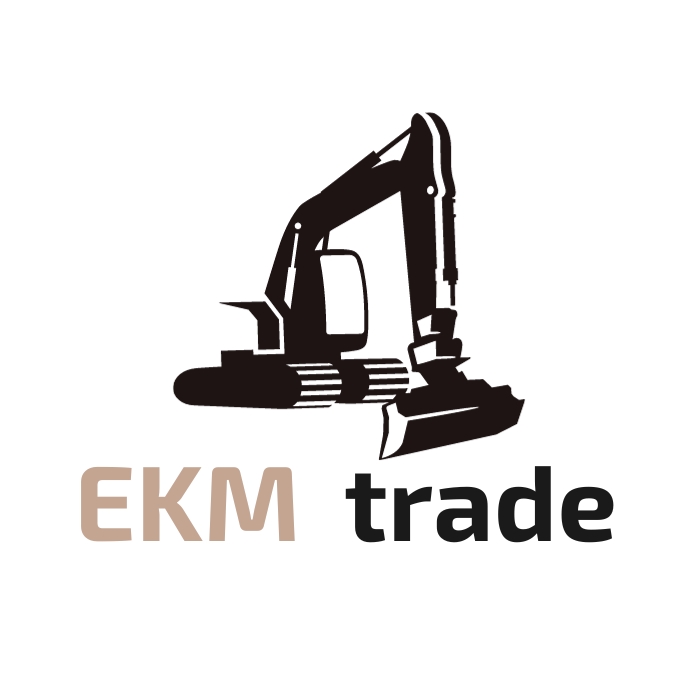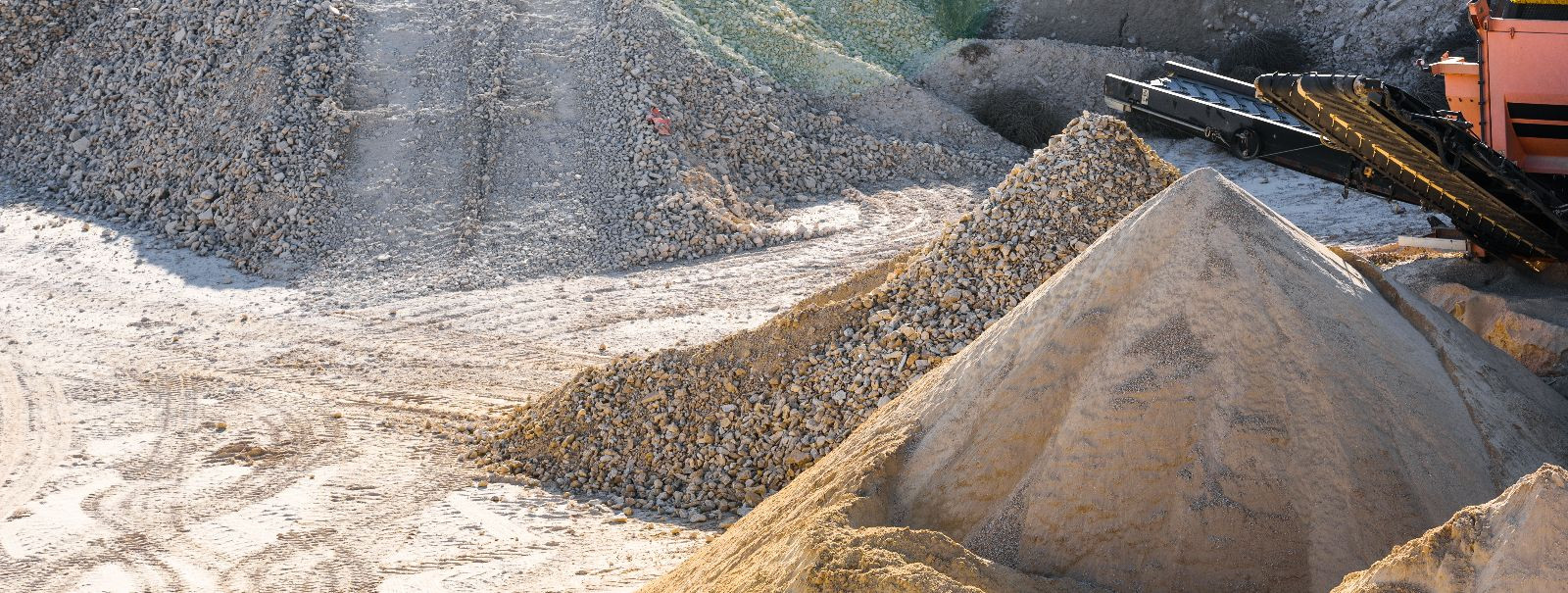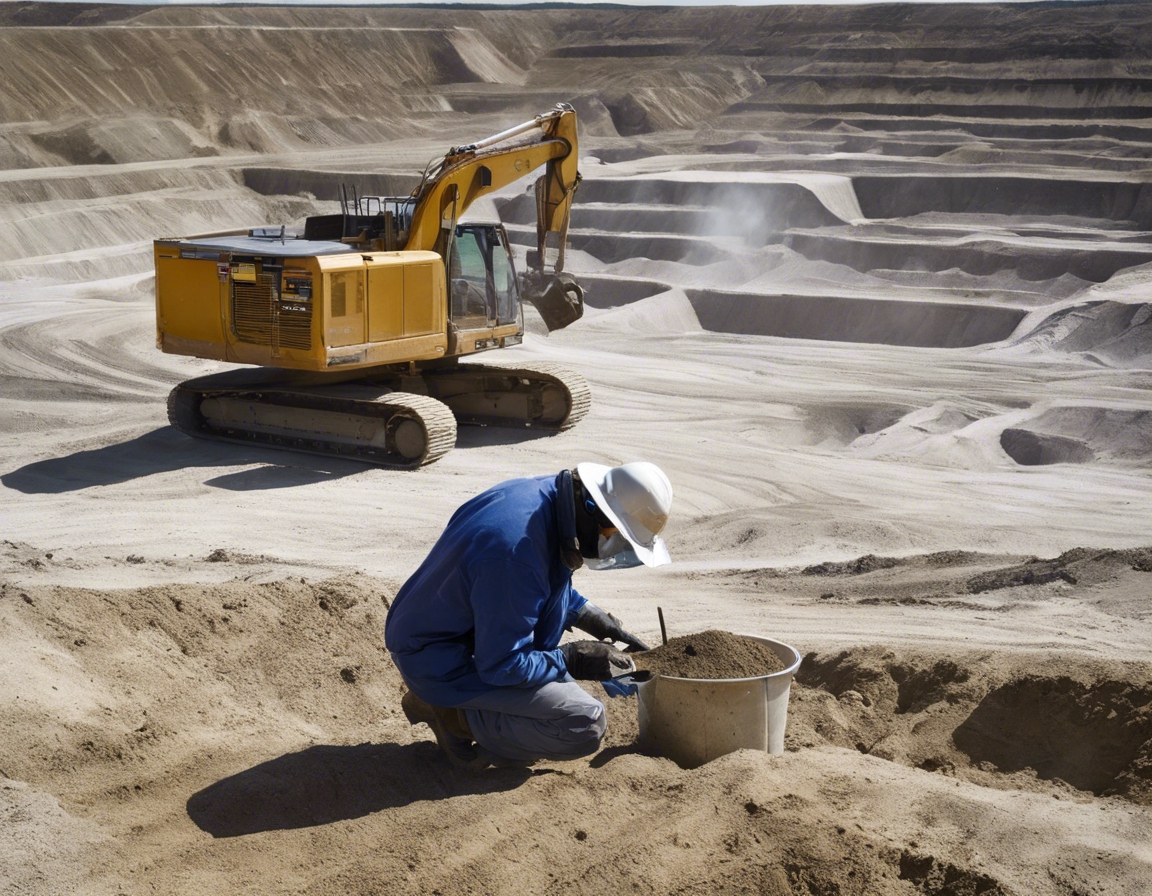How sustainable quarry practices benefit the environment
Quarrying is an essential activity in the construction and infrastructure sectors, providing the raw materials needed for a myriad of projects. However, traditional quarrying methods can have significant environmental impacts, including habitat destruction, water pollution, and increased carbon emissions.
Sustainable quarry practices are not just beneficial for the environment; they are a necessity for the long-term viability of the industry. By adopting eco-friendly methods, companies can reduce their environmental footprint while ensuring a steady supply of materials for future generations.
Key Sustainable Quarry Practices
Choosing the right location for a quarry and planning its development to minimize environmental disruption is the first step towards sustainability. This includes conducting thorough environmental impact assessments and engaging with local communities.
Quarries can affect local water tables and quality. Implementing systems for water recycling, proper drainage, and sediment control can significantly reduce water-related impacts.
Quarries consume large amounts of energy. By investing in energy-efficient machinery and exploring renewable energy sources, companies can lower their carbon footprint and operational costs.
Effective material handling procedures and dust suppression technologies help in reducing air pollution and protecting worker health.
Post-extraction, the focus should shift to rehabilitating the quarry site. This can involve reforestation, creating wildlife habitats, or repurposing the land for community use.
Benefits of Sustainable Quarry Practices
Adopting sustainable practices leads to a significant reduction in the environmental footprint of quarry operations, preserving ecosystems and reducing pollution.
By operating sustainably, companies can build better relationships with local communities and demonstrate their commitment to social responsibility.
While there may be upfront costs associated with sustainable practices, the long-term economic benefits include reduced operational costs, improved efficiency, and a stronger brand reputation.
Meeting and exceeding environmental regulations can position a company as an industry leader, opening up opportunities for new projects and partnerships.
Implementing Sustainable Practices in Quarry Operations
Companies must first assess their current practices and develop a comprehensive sustainability plan that addresses all aspects of their operations.
Embracing best practices and investing in innovative technologies are crucial for modernizing quarry operations and reducing environmental impact.
Employee training and engagement are essential for the successful implementation of sustainable practices. Workers need to understand the importance of their role in achieving sustainability goals.
Continuous monitoring and reporting on sustainability metrics help companies track their progress and identify areas for improvement.






Comments (0)